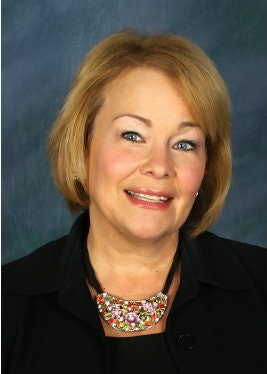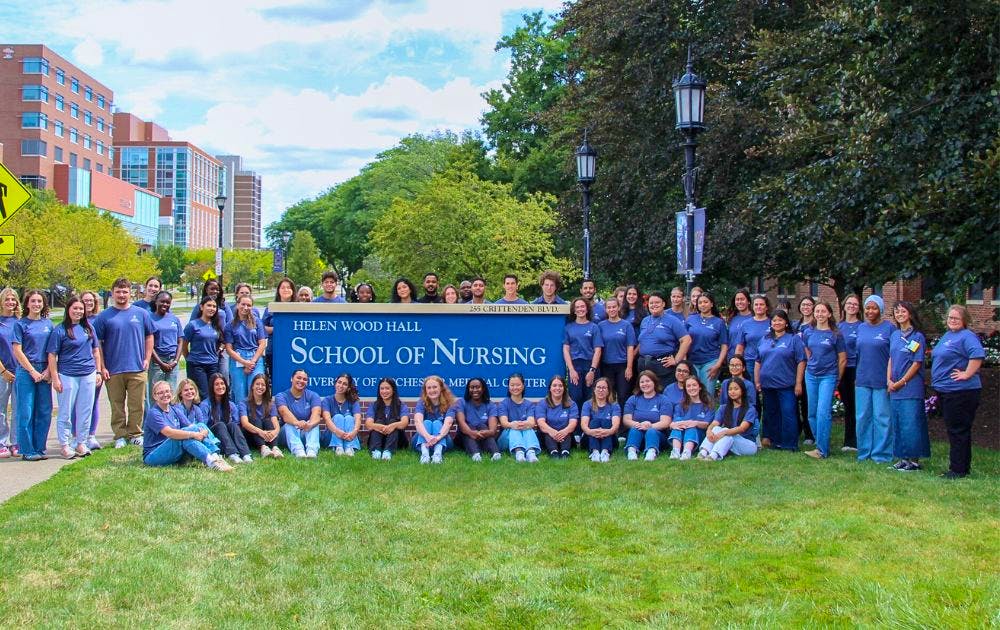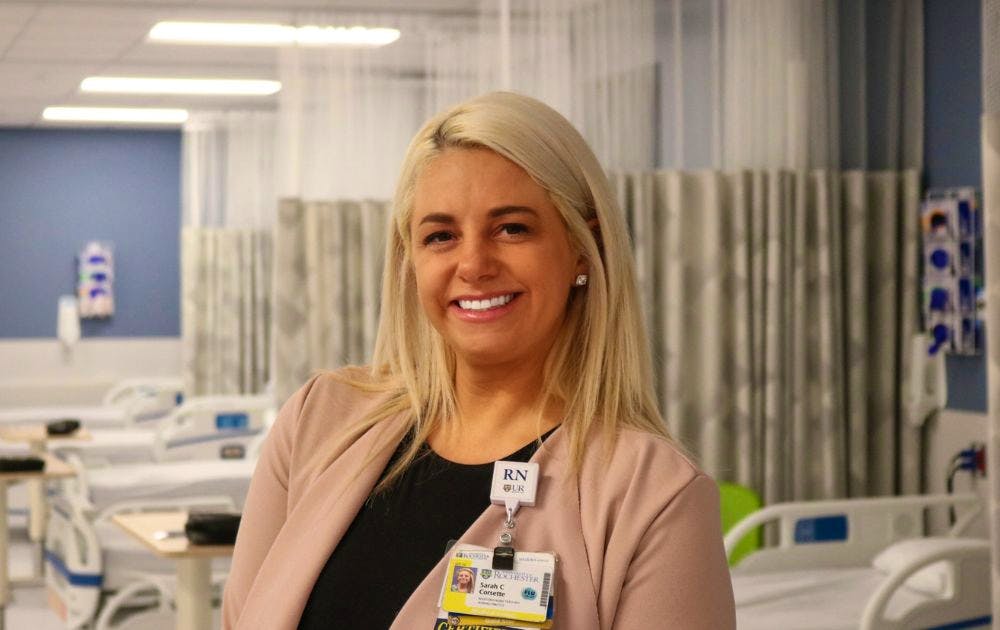Nursing is both an art and a science. So is teaching. Both disciplines require passion and compassion, but also careful research and best practices. Today, there is a growing need for experienced nurses who are trained to teach the next generation of health care professionals in an academic or clinical setting.
Program length
37 credits
Complete the program part-time in as little as five semesters.
Program format
Hybrid Online
Coursework is offered in-person or online in the evenings.
Application deadline
Jan. 15
For Summer 2026 semester start
The Master's in Nursing Education program from the University of Rochester School of Nursing is designed for experienced working nurses who want to transition to a teaching role, either as a nurse educator or in patient safety and education.
By earning your master's degree in nursing education, you can change your career path without changing careers, which will broaden your opportunities for advancement and allow for a more regular work schedule.
Learn the proven methods and technologies of effective teaching through a series of hybrid courses (a blend of online and in-person) and then drive those lessons home through real-world interactions and observations.






